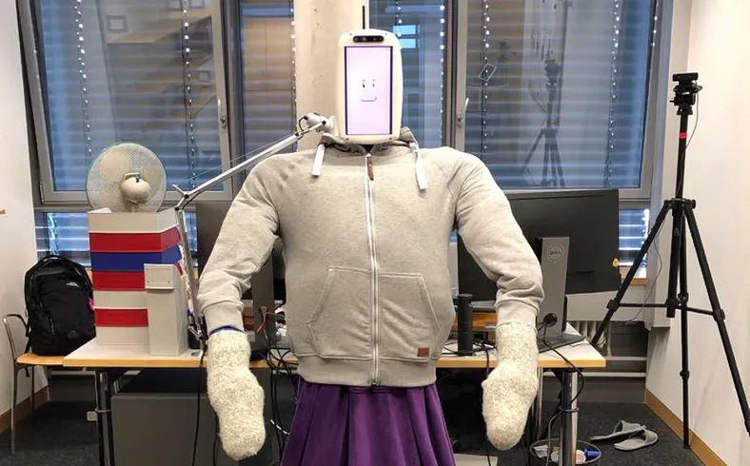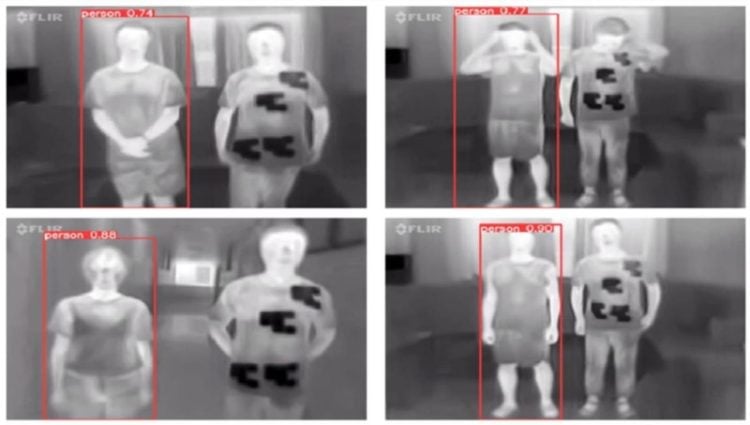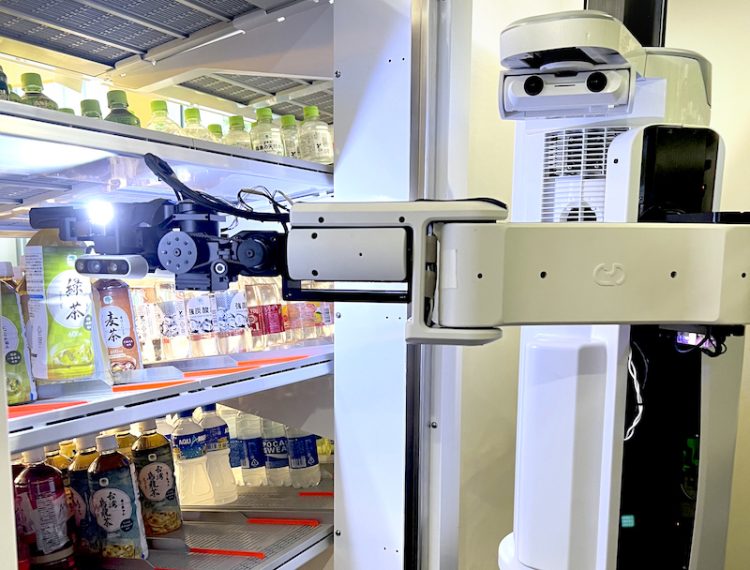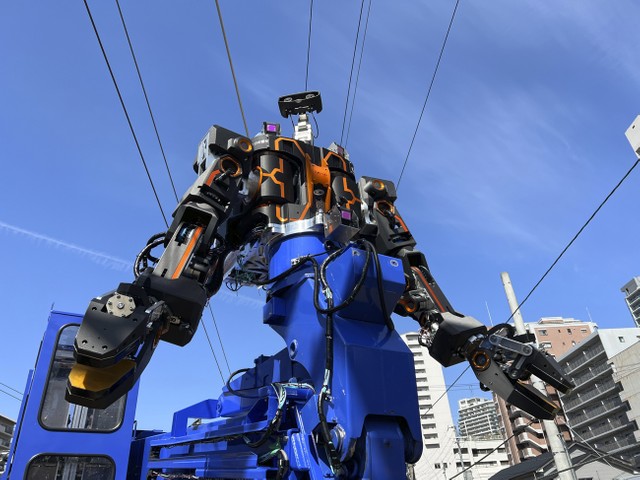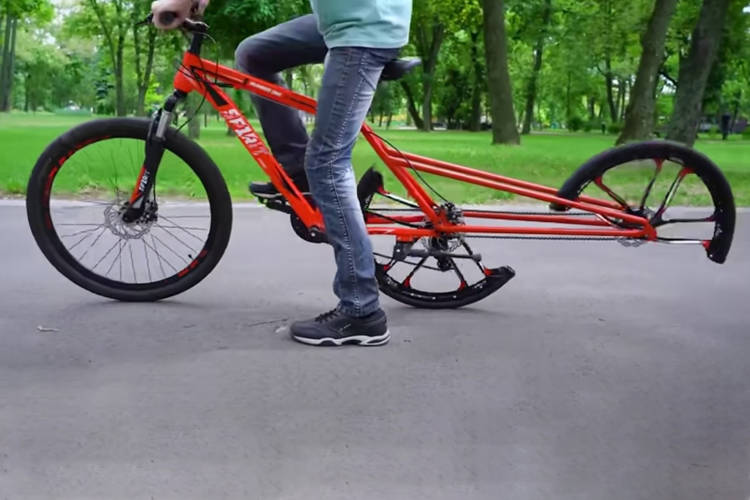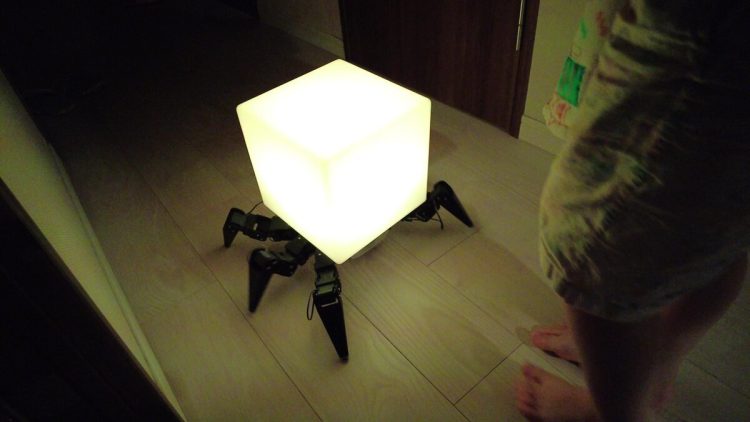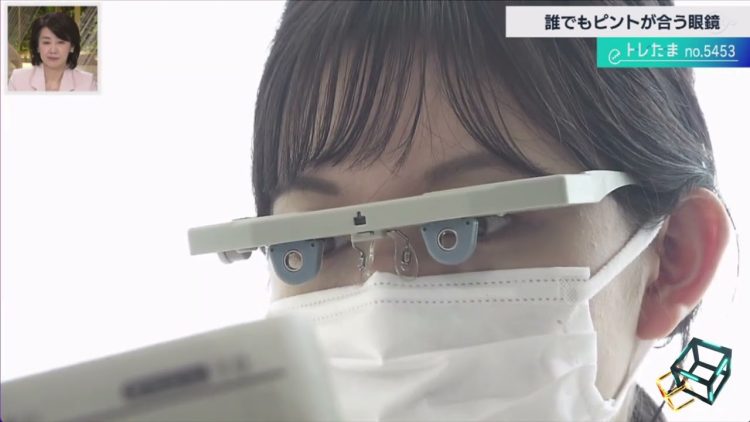The AcryPhone is a rudimentary device designed to mimic the look and feel of a smartphone in order to help users conquer their handheld addiction.
As much as we try to deny it, most of us are addicted to smartphones. We try to limit the time we spend looking at them, but we constantly find ourselves instinctively reaching for them in search of that little dose of dopamine our brains crave. That’s just one of the many signs of an addiction that’s much more serious and difficult to overcome than we like to admit. Luckily, we will soon have an alternative that looks and feels just like a smartphone but has none of the features that got us hooked to it in the first place.


